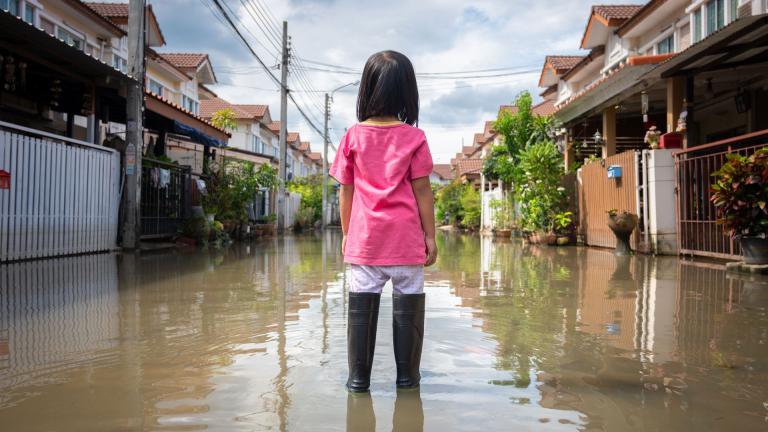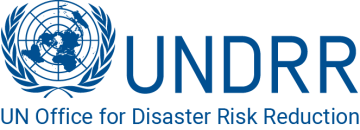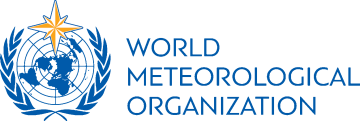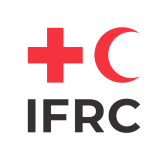Early Warnings for All

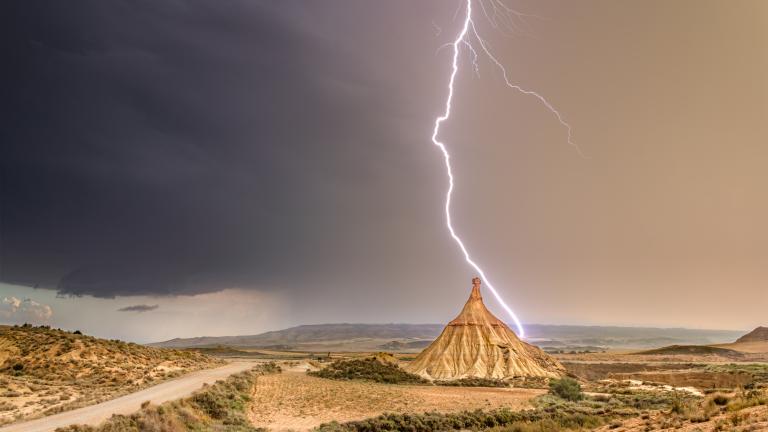
With human-induced climate change leading to more extreme weather and climate conditions, the need for effective multi-hazard early warning systems is more crucial than ever. Systems that warn people of impending storms, floods or droughts and support action are not a luxury but cost-effective tools that save lives, reduce economic losses, and provide a nearly tenfold return on investment.
Early warning systems have already helped decrease the number of deaths and have reduced losses and damages resulting from hazardous weather, water or climate events. But major gaps still exist, especially in small island developing states and least-developed countries:
55%
As of 2024, 108 countries report having some capacity for multi-hazard early warning systems, more than double the 52 countries in 2015.
Vulnerable Nations Progress
The least developed countries have shown the most significant improvements, with landlocked developing countries and small island developing states also surpassing the global rate.
+39%
The global average score for the comprehensiveness of multi-hazard early warning systems has risen from 0.35 to 0.49, an increase of 39%.
The four pillars of Early Warnings for All
The Early Warnings for All initiative is built on four pillars to support countries in building and operating effective and inclusive multi-hazard early warning systems:
- Disaster risk knowledge - led by the United Nations Office for Disaster Risk Reduction (UNDRR)
- Detection, observation, monitoring, analysis, and forecasting - led by the World Meteorological Organization (WMO)
- Warning dissemination and communication - led by the International Telecommunication Union (ITU)
- Preparedness and response capabilities - led by the International Federation of Red Cross and Red Crescent Societies (IFRC)
